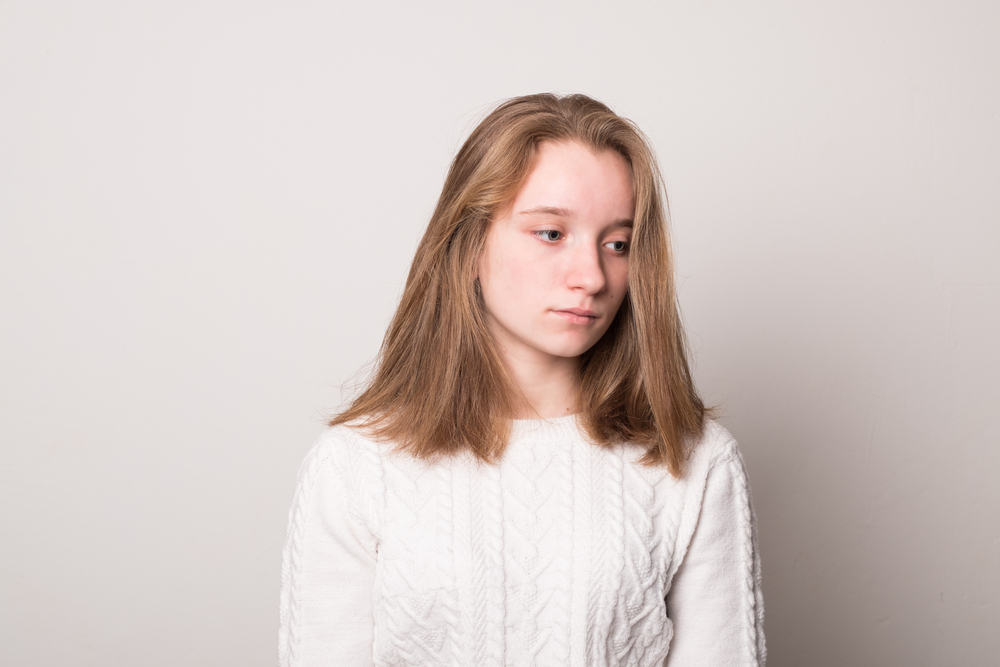Although recreational marijuana use has become legal in California and other states, its use among underage teen populations brings about serious risks. The combination of marijuana and teens is a dangerous one with potentially serious neurocognitive consequences.
Why Teens Use Drugs
Teenage brains are undergoing major reconstruction. This reconstruction particularly affects the dopamine receptors, causing teens to engage in higher-risk activities, including drug use. Teenagers are more likely to consume cannabis when they are around others who do so, often as a way to fit in. Teens who suffer from mental health disorders such as depression or anxiety also often use marijuana to cope with their symptoms.
Effects of Marijuana on Teens
Second only to alcohol, cannabis is one of the most common vices for teens. However, studies have shown that underage consumption of THC is associated with a variety of neurocognitive dysfunctions.
Use of THC-containing products is associated with poorer concentration and attention in teens, as well as problems with executive dysfunction, very similar to ADHD. Teenage cannabis users also exhibited lowered inhibitions, similar to alcohol use, but on a longer-term scale.
The drug has actually been shown to change the structure of the brain as it develops, leading to much more impulsive adults with lower measured IQ than they had prior to the drug use.
In some cases, psychosis can occur, especially in high-risk populations or in cases of extreme use. Cannabis has been associated with onset and diagnosis of schizophrenia and other psychotic disorders in both teens and adults.
Because people suffering from mental illness are at higher risk of drug use as a coping mechanism, it is scientifically unclear whether drug abuse causes the illness, or the illness causes the drug abuse. However, studies clearly show that cannabis use in vulnerable populations does lead to psychotic episodes, regardless of the potential co-occurrence of a mental disorder.
Long-term marijuana use causes cognitive symptoms to become worse over time. Fortunately, a complete halt to consumption rendered most side effects reversible within about three months.
Signs Your Teen May Be Using Marijuana
The most obvious sign of marijuana use is the distinctive smell. If you find your teen is using excessive amounts of perfumes or colognes, air fresheners, or strong incense, they may be trying to cover it up. If there is no smell, they may still be using cannabis in the form of vaporizers or edibles.
Other symptoms to watch for include bloodshot eyes, inappropriate laughter or emotional outbursts, and, in some cases, psychosis.
Recognizing Psychosis
Typical episodes of psychosis may look like delusions or paranoia, visual or auditory hallucinations, such as hearing voices, abnormal physical movements, or speaking or thinking nonsense. Negative signs of psychosis include an inability to take pleasure in previously enjoyed activities, unusual quietness, or reduced expression of emotion. A psychotic episode may include any or all of these symptoms and should be handled by a qualified mental health professional.
How To Get Help
If you think your teen may be struggling with marijuana, there is hope. Treatment programs such as the ones provided by The Forum offer teens relief from psychotic symptoms and marijuana use disorder. With proper treatment, many teens see an improvement in their symptoms. Learn more about our drug abuse rehab options or contact us today.



